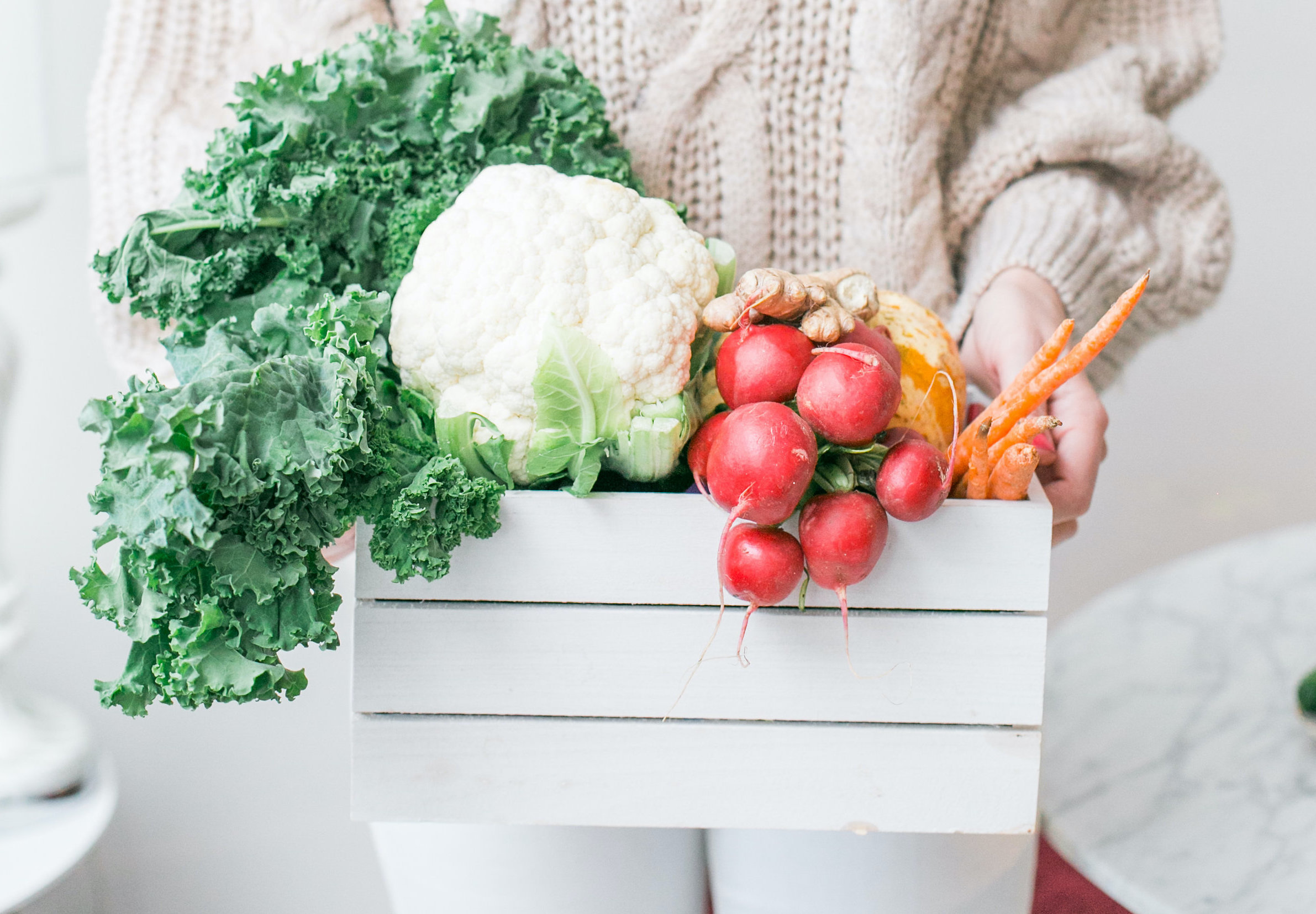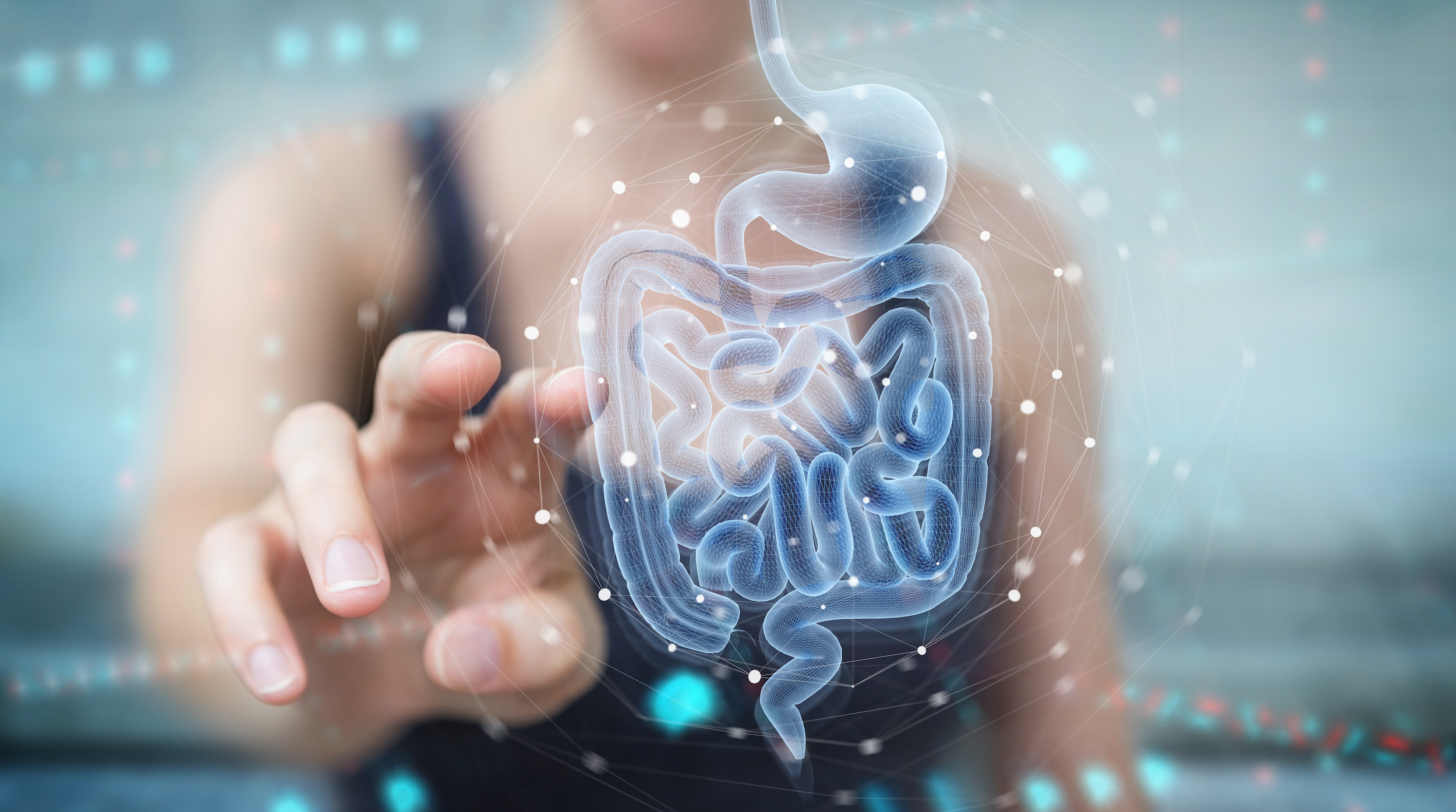HOW OUR HEALTH IS CONNECTED TO THE HEALTH OF THE PLANET

Our human systems directly reflect the natural ecosystems around us. That’s why it’s no surprise that the way we treat the planet has a direct impact on our own health. After all, we are what we eat! And what we eat comes from the earth.
As Dr. Arden Andersen – a physician specializing in the need to practice healthy eating and regenerative farming practices, explains:
“The same principles that apply in farming: disease, weeds, and insect problems are nutritional issues and deficiencies that are principles in the human body, specifically connected to our microbiome.”
In other words, what’s good for the planet is good for us – and vice versa. Let’s take a closer look at how this works.
THE LINK BETWEEN INDIVIDUAL HEALTH AND PLANETARY HEALTH
Food is one of the most obvious ways to link individual and planetary health. The food we eat comes from the earth, so it stands to reason that if we want to eat healthy, nutritious food, we need to start with healthy soil. Unfortunately, large-scale industrial farming practices damage our soils by using high quantities of chemicals, fertilizers, insecticides, herbicides, and fungicides. This decreases the nutritional value of our food and exposes us to harmful chemicals that can wreak havoc on our bodies.
To make matters worse, these toxic chemicals also pollute our air and water, further damaging our health and the planet’s health.
It’s not just what we eat that impacts both individual and planetary health – it’s also how we produce it. Factory farming creates massive amounts of pollution and emits large quantities of greenhouse gases into the atmosphere. These greenhouse gases contribute to climate change, which is already devastatingly affecting both human and animal populations worldwide.
Climate change threatens us all, from more extreme weather conditions to rising sea levels.
As temperatures continue to rise and weather patterns become more extreme, we can expect to see an increase in displacement, disease, famine, and conflict – all of which will directly impact human health.
THE LINK BETWEEN POOR SOIL AND CHRONIC ILLNESS
There’s no denying that chronic illness is rising. In the United States alone, cardiovascular disease has nearly doubled in the last 30 years. And while there are many factors that contribute to this alarming trend, one that is often overlooked is the quality of our soil.
You may think, “What does soil have to do with my health?” Well, it turns out that the food we eat plays a significant role in our overall well-being. And as it happens, our soil’s quality directly impacts our food’s nutrient content.
In a 2004 study, Davis, Epp, & Riordan found a significant decrease in vitamins and minerals in foods grown today compared to the 1950s. This is partly because our soils are becoming increasingly depleted of nutrients. As a result, fruits and vegetables grown today have fewer vitamins and minerals than those grown 70 years ago.
So, what does this have to do with chronic illness? Well, when we don’t get enough vitamins and minerals from our diet, our bodies become more susceptible to disease. This is because vitamins and minerals are vital in maintaining our health. For example, vitamin C helps boost our immune system, while magnesium helps regulate blood pressure.
Eating more nutrient-rich foods can help reduce our risk of developing chronic illnesses such as cardiovascular disease, diabetes, and cancer. So next time you’re at the grocery store, try choosing fruits and vegetables grown in healthy soils, like organic produce. Your body will thank you for it!
THE MICROBIOME AND HUMAN HEALTH

Our microbiome is the collection of all the microorganisms—bacteria, fungi, protozoa, and viruses—that live on and inside our bodies. These microbes play a vital role in human health, from digesting our food to training our immune system. In fact, some estimates suggest that there are ten times more microbial cells in our bodies than human cells!
Most of these microbes live in our gut, which is crucial for maintaining a healthy digestive system. They also play a key role in developing and regulating our immune system. In fact, studies have shown that children who are raised in homes with pets and exposure to diverse bacteria have a lower risk of developing allergies later in life.
The microbes in the soil are very similar to the microbes that live in our gut. In fact, many of the bacteria that make up our microbiome can also be found in healthy soils. This similarity is not surprising when you consider that humans have interacted with dirt since the dawn of time.
Unfortunately, due to modern farming practices and urbanization, the diversity of bacterial species in the soil has declined dramatically over the last century. This loss of diversity has had a direct impact on human health, as evidenced by the rise in autoimmune diseases such as Crohn’s disease, celiac disease, and type 1 diabetes.
The link between dysbiosis—an imbalance of gut bacteria—and autoimmune disease has been well-established by scientific research. In fact, studies have shown that restoring gut bacteria through probiotic therapy can help to improve symptoms and even reverse some autoimmune diseases.
Chronic illness is a growing problem worldwide. But while there are many factors that contribute to this trend, one that is often overlooked is the quality of our soil. The food we eat plays a significant role in our overall well-being, and the quality of our soil directly impacts our food’s nutrient content.
THE BOTTOM LINE IS THIS:
We can no longer afford to view human health and planetary health as separate entities. They are intrinsically linked, and we must start treating them as such if we want to leave a livable planet for future generations.
To do this, we need to make changes at both an individual and systemic level. On an individual level, we can start by eating organic foods whenever possible and supporting farmers who use regenerative agriculture practices. (Check out Regeneration Canada to find a farmer near you.)
On a systemic level, we need to pressure governments and corporations to clean up their act when it comes to environmental regulations and sustainability practices.
Finally, we must also support organizations working tirelessly to protect our planet – like Canadian Organic Growers! Only by working together can we hope to create a brighter future for both us and our planet.


